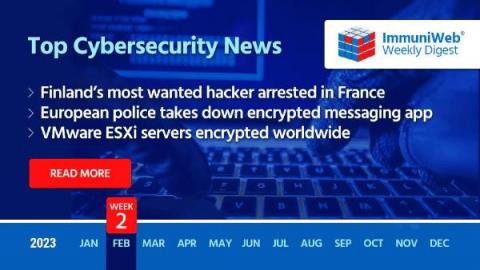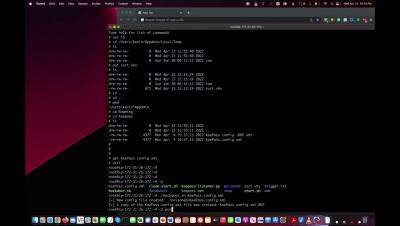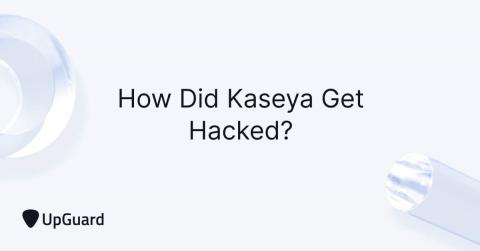This Valentine's Day, Swipe Left on Hackers
Online dating is one of the fastest-growing industries in the tech world. Online dating has quickly become a sustainable way to remain social and have a relationship with someone other than your cat. But what are the chances that you’ll be swiping right on a hacker? Mobile analytics platform, Adjust, reports that in 2021, 300 million adults used dating apps worldwide with 20 million users paying for premium features.











